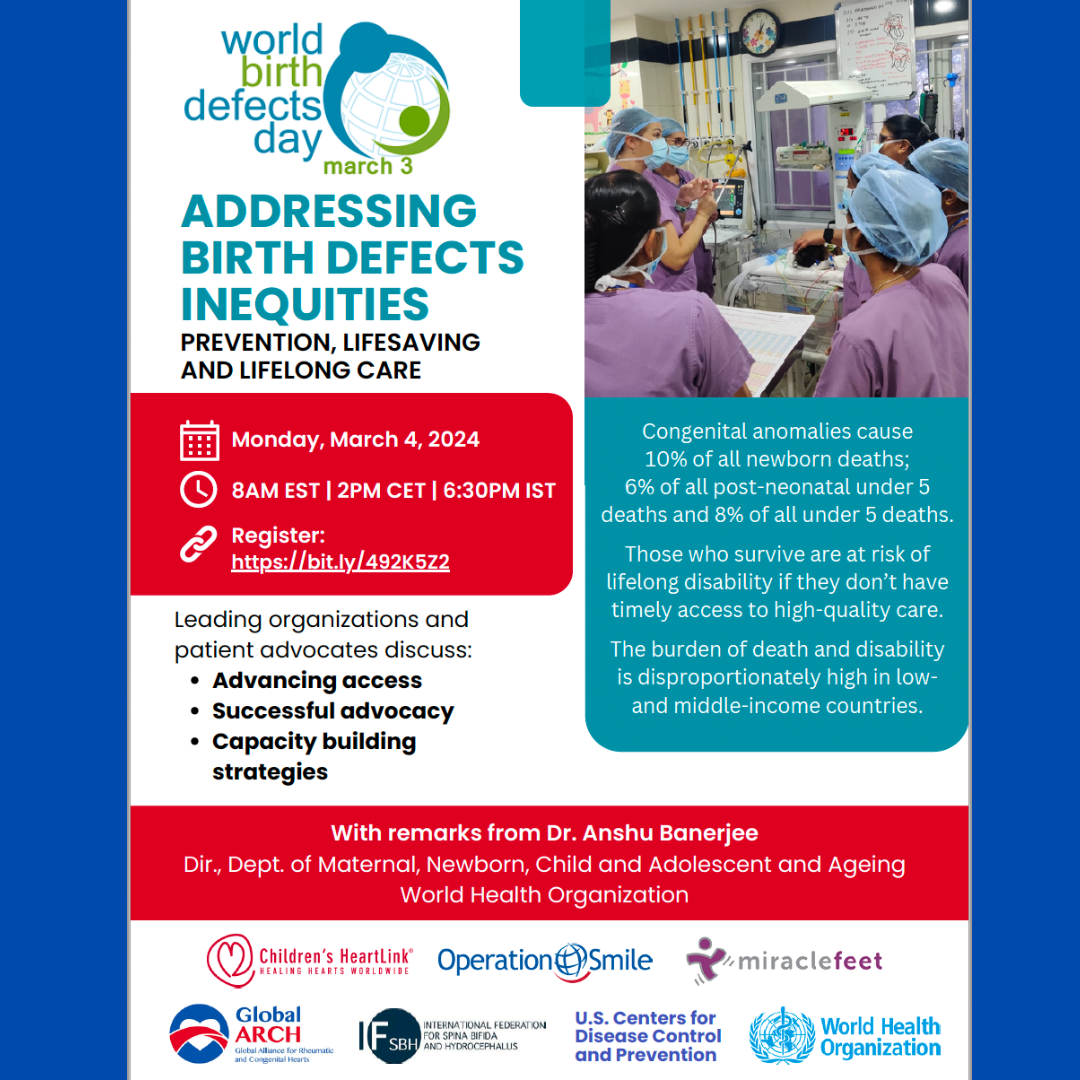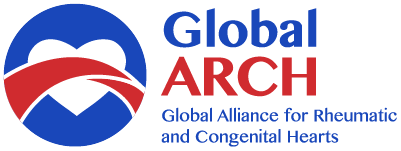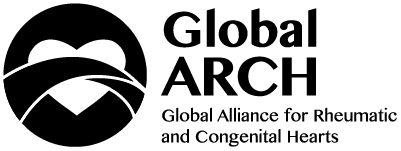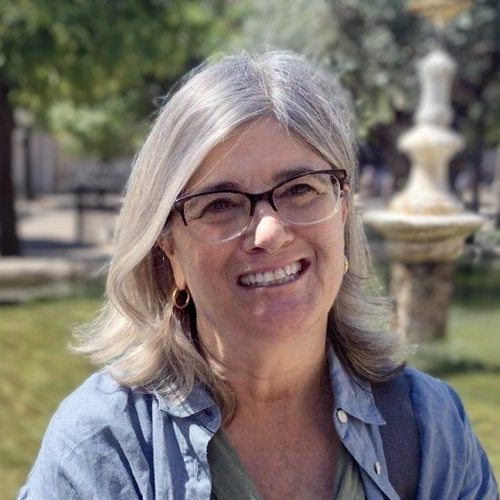
World Birth Defects Day webinar: Working together to build a common voice
In a landmark show of solidarity, five patient organizations representing people with congenital anomalies joined the World Health Organization and U.S. Centers for Disease Control and Prevention for a webinar in celebration of World Birth Defects Day. Addressing Birth Defects Inequities – Prevention, Lifesaving, and Lifelong Care, presented on March 4, aimed to raise awareness about congenital anomalies worldwide and to call upon policy makers, governments, and civil societies to invest in critical lifelong care. It was also an opportunity to lift the success stories of patients and organizations to demonstrate how they have effectively advocated and served the needs of their communities. The following is a brief recap.
Dr. Tedros, Director General, World Health Organization said there are an estimated 8 million newborns worldwide born with a congenital anomaly, and approximately 240,000 die in their first month of life. Many are born in low- and middle-income countries (LMICs) where availability of diagnostic treatment and management services are limited. Survivors may face a lifetime of disability, poverty, and stigma. While child survival in LMICs is improving globally, interventions are needed to prevent, deter, and treat these conditions. With greater focus and investment, the WHO can help these children have a healthier life, no matter where they are born.
Dr. Karen Remley, Director of the National Center on Birth Defects and Developmental Disabilities at the US Center for Disease Control and Prevention (CDC) explained that serious congenital anomalies affect 3-6% of babies worldwide annually, translating to millions globally. A CDC main priority is supporting young families, including those impacted by congenital disorders. Their focus is on surveillance, causes, long-term impact, and turning data into action. Understanding causes can lead to recommendations, policies, and prevention services. Improving recognition and diagnosis can ensure timely care, and referral to appropriate services.
“Protecting health is a team sport. No single agency or country can confront global health challenges alone.”
Dr. Anshu Banerjee, Director, Department of Maternal Newborn Child and Adolescent Health and Aging, World Health Organization spoke about the WHO’s sustainable development goals for 2023 to reduce neonatal mortality. In LMICs, the mortality rate for those with congenital anomalies is estimated to increase by 30%, so there is an urgent need to support these countries. WHO activities include capturing congenital anomalies from registries and creating peer-reviewed literature and systematic reviews to gather better data. He mentioned the development of the Birth Defects Surveillance Digital Adaptation Kit to help program health managers correctly identify congenital anomalies using pictures, so the appropriate code is used in the reporting.

The webinar featured three amazing patient advocates who spoke about their personal experiences living with a congenital anomaly, and the work they are doing with their advocacy organizations.
Martha Shiimi, co-founder Brave Little Hearts Zimbabwe, the leading voice for congenital heart communities in Zimbabwe, said that her dream is to create a strong community of patients, parents, and healthcare providers to help improve the quality of life for all people with congenital heart disease (CHD).
“Don’t give up. You have days that you feel alone, but just use your voice and share your story. Use your voice because we patients are the most important stakeholders in this whole community.”
She offered this message to healthcare professionals: “Listen to your patients. If you collaborate with us, you will understand the issues we face on a day-to-day basis, such as our workforce capacity.”
Toby Bunyan, a patient advocate for Miracle Feet, was born in the United States and was fortunate to have early access to treatment. Miracle Feet is an organization that increases access to proper treatment for children born with clubfoot in LMICs through partnerships with local healthcare providers. Toby said, “With proper treatment, combined with a resilient mindset, congenital anomalies don’t have to define your life.”
“We need the tools to advocate for our cause, for our community, but also for ourselves. There are so many people behind us who need us to be the voice for them.”
Jackson Doane, born in New Zealand with a cranial facial defect, works with Operation Smile in their Interactive Learning Center. Operation Smile provides expert treatment for cleft lip and cleft palate globally. Jackson says, “Advocacy begins at the dinner table and community level, to ensure community members are educated about your congenial anomaly. Being open and honest about your disability and challenges, and having people listen, will ultimately improve care.”
“What I think is really cool about being born different is that we have almost an innate responsibility to be a beacon of empathy.”
Dr. Salimah Walani, Global Policy and Advocacy Advisor, Miracle Feet, explained that untreated, club foot is one of the largest causes of physical disability globally, with 200,000 new cases each year, and 90% in LMICs. Although the treatment is only $500, and can be done in an outpatient setting, 85% of those affected lack access. Since treatment success is greatest in the first 28 days of life, early identification and referral is key.
Dr. Walani believes that club foot advocacy must occur within the larger congenital anomaly advocacy movement and in newborn and child health policies worldwide.
Bistra Zheleva, Vice President of Global Strategy and Advocacy, Children’s HeartLink, a non-profit that saves children’s lives by transforming pediatric heart care in underserved parts of the world, explained that as the burden of infectious diseases worldwide decrease, CHD is emerging as a leading cause of infant mortality worldwide, with LMICs most effected.
The core work of Children’s HeartLink is building centers of excellence in pediatric cardiac care, and to develop patient care pathways, appropriate diagnosis, and follow-up at these hospitals. They also partner with professional societies, including Global ARCH, with whom they recently launched the Call to Action in Addressing the Burden of Pediatric and Congenital Heart Diseases. They are calling on governments, funders, and advocates to make a difference by increasing capacity, improving workforce development, and closing the data gap. To date, it has been signed by over 1,500 professional societies and NGOs.
Dr. Gavrav Deshpande, Associate VP, Medial Oversight and Safety, Operation Smile, said that 5 billion people worldwide lack access to safe, affordable surgical care, and 7 million are living with a cleft condition. He spoke about the need for more education and training of physicians, so they listen to their patients. He stressed the importance of organizations working together to “level the playing field globally” to ensure patients have access to high-quality care.
Amy Verstappen is an advocate living with congenital heart disease. She is President of the Global Alliance for Rheumatic and Congenital Hearts, a non-profit that aims to improve worldwide lifelong outcomes in childhood-onset heart disease through empowering patient and family organizations.
Amy spoke about the lack of progress globally in CHD for the 90% of children born in LMICs. She stressed that an essential and often overlooked ingredient are the in-country patients and family organizations who can identify patient needs and speak for their communities using a collaborative common voice to make policy-level changes. Global ARCH currently has over 80 group members in over 40 countries, more than half in LMICs.
In 2023 Global ARCH partnered with Children’s HeartLink to launch the Call to Action on Addressing the Global Burden of Pediatric and Congenital Heart Diseases in Washington, DC during the World Congress of Pediatric Surgery and Cardiac Surgery. Amy discussed how It served as an impactful advocacy tool and has been shared with key leaders at the United States Agency for International Development, the World Bank, the UN General Assembly, etc. Next was the creation of the Global Coalition for Pediatric & Congenital Hearts, which now includes over 60 member organizations, including CHD patient and family groups. The goal is to promote global investment in CHD diagnosis, treatment, and follow-up, primarily in LMICs, focussing on 4 essential components: increasing capacity to care for people with CHD; building the pediatric and CHD workforce; closing the data gap; and financing pediatric and CHD healthcare. Amy closed by stressing the importance of working collaboratively to build a common voice, so that every child born has an equal right to health and wellbeing.
Dr. Sylvia Roozen, Secretary General, International Federation for Spina Bifida and Hydrocephalus, an organization that represents 95 countries worldwide working towards securing accessibility for all.
Dr. Roozen spoke about the barriers, including lack of available and affordable multidisciplinary healthcare, awareness, skills, and resources; de-institutionalization; social stigma; and discrimination for those with disabilities. The right to health is enshrined in Article 25 of the United Nations Convention on the Rights of Persons with Disabilities, and we need to facilitate platforms for knowledge exchange and partnerships and set both short-and long-term priorities together. She gave the example of the folic acid fortification program, which took 40 years of advocacy work and gained global momentum driven by civil society.
Webinar password: .^2pt4N@




